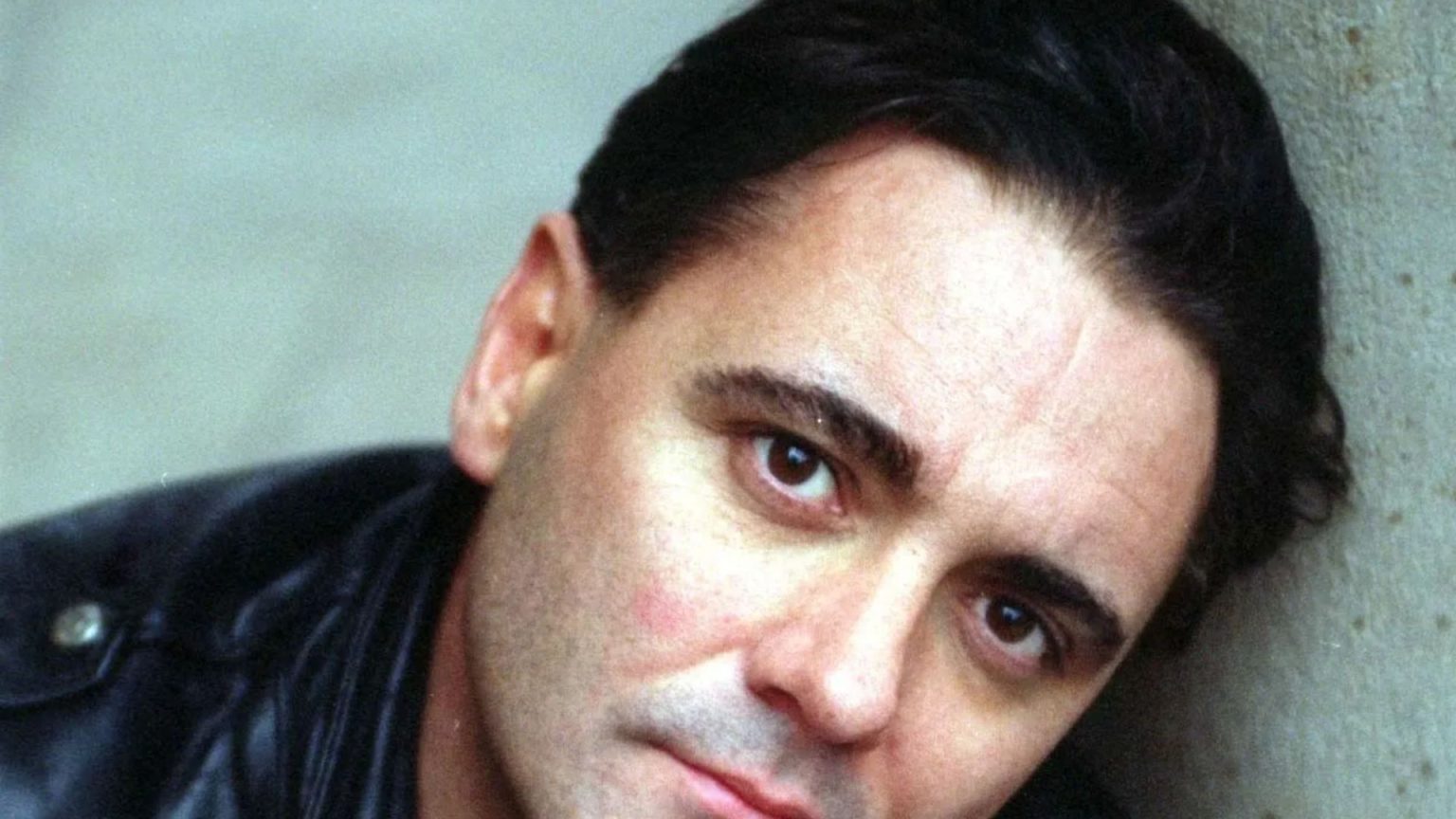Tony Slattery, a celebrated comedian known for his dazzling talent and quick wit, passed away at 65 after a heart attack. His career spanned over four decades, delighting audiences with his comedic brilliance, most notably on the improvisational comedy show “Whose Line Is It Anyway?”. However, beneath the surface of his humor lay a deeply troubled individual grappling with depression and addiction. At the peak of his success, at the age of 36, Slattery experienced a debilitating breakdown that led to a six-month period he described as “torture,” during which he retreated from public life, resorting to destructive behaviors like discarding his belongings into the River Thames. This marked a turning point in his life, a stark contrast to the happiness he had previously experienced.
Slattery emerged from the renowned Cambridge University Footlights dramatic club in the 1980s, alongside other comedic luminaries like Sir Stephen Fry. Fry, a close friend, remembered Slattery as a “gentle, sweet soul” with an exceptional talent for comedy. Slattery’s career flourished in the late 1980s and 1990s, gracing both television and radio with his presence on shows like “Just A Minute” and “Have I Got News For You.” He also appeared in films such as “How To Get Ahead In Advertising,” “The Crying Game,” and “Peter’s Friends.” His improvisational skills and sharp humor made him a beloved figure in the entertainment industry.
However, his personal life was marred by a history of trauma. In a 2020 BBC documentary, “What’s The Matter With Tony Slattery?”, he bravely revealed the sexual abuse he suffered at the hands of a priest when he was just eight years old. This traumatic experience contributed to his struggles with addiction, leading him down a path of substance abuse involving cocaine and alcohol. He admitted to exorbitant spending on cocaine, potentially reaching £4,000 a week, consuming alarming amounts of the drug and alcohol daily. The documentary marked a significant step in Slattery’s journey toward healing, as he subsequently sought therapy and began addressing his bipolar disorder diagnosis.
Slattery’s story resonated with many, highlighting the often-hidden struggles of those in the public eye. Despite his personal battles, he remained a popular figure, even becoming the subject of a dedicated comic strip in the adult comic magazine Viz. His enduring presence in popular culture is a testament to the impact he made on the comedy world. His time on “Whose Line Is It Anyway?” cemented his place as a comedic icon, alongside fellow panelists like Paul Merton, Josie Lawrence, Sandi Toksvig, and Rory Bremner.
Born in Stonebridge, North London, to a working-class Irish family, Slattery was the youngest of five children. His athletic prowess was evident in his youth, achieving a black belt in Judo and representing England’s under-15s team internationally. He later earned a scholarship to study languages at Trinity Hall, Cambridge. It was at Cambridge that he crossed paths with Stephen Fry, who invited him to join the prestigious Footlights dramatic club. This pivotal moment exposed Slattery to a world of theatrical performance and introduced him to a network of future stars, including Hugh Laurie, Emma Thompson, and Sandi Toksvig. This experience ignited his passion for theatre and set the stage for his remarkable career in comedy.
Slattery’s first television appearance was on Chris Tarrant’s “Saturday Stayback” in 1983. He later received an Olivier Award nomination for his performance in the stage play “Neville’s Island” in 1995. Throughout his career, his long-term partner, actor Mark Michael Hutchinson, remained a steadfast source of support. Meeting during a West End production of “Me And My Girl,” Hutchinson offered unconditional love and understanding, standing by Slattery through his struggles. In Slattery’s documentary, Hutchinson poignantly described witnessing his partner’s vulnerability and feelings of isolation. His unwavering support was a testament to the deep bond they shared. Slattery’s passing is a profound loss to the comedy world, leaving behind a legacy of laughter and a reminder of the importance of compassion and understanding for those battling inner demons.











